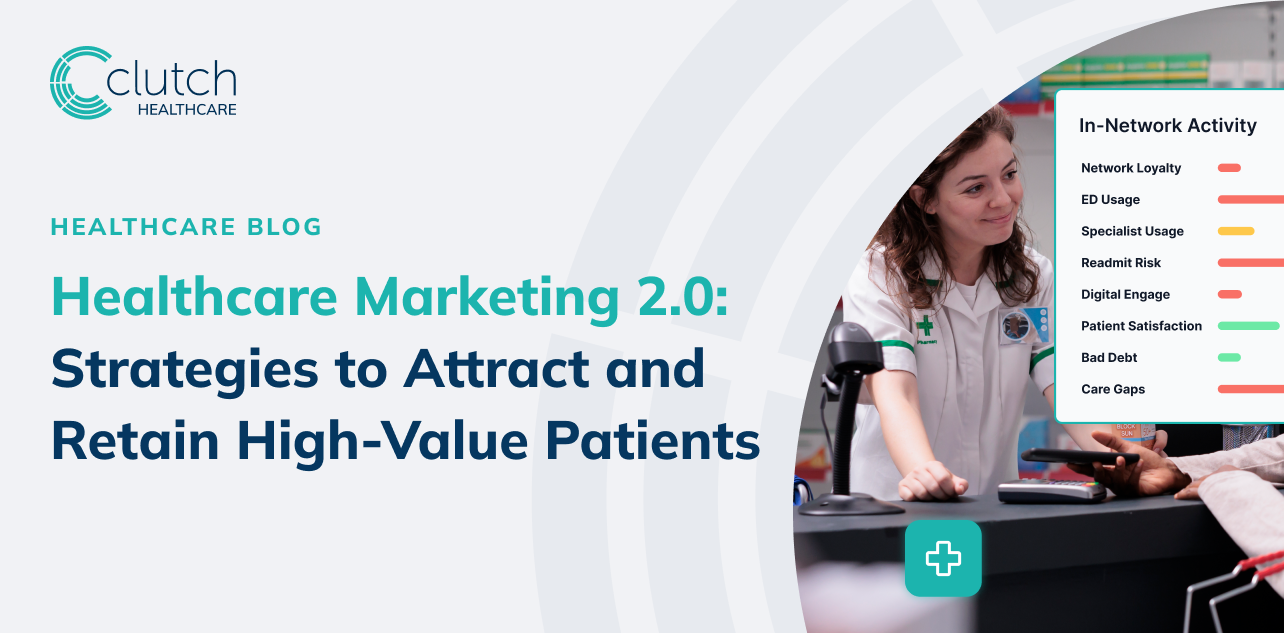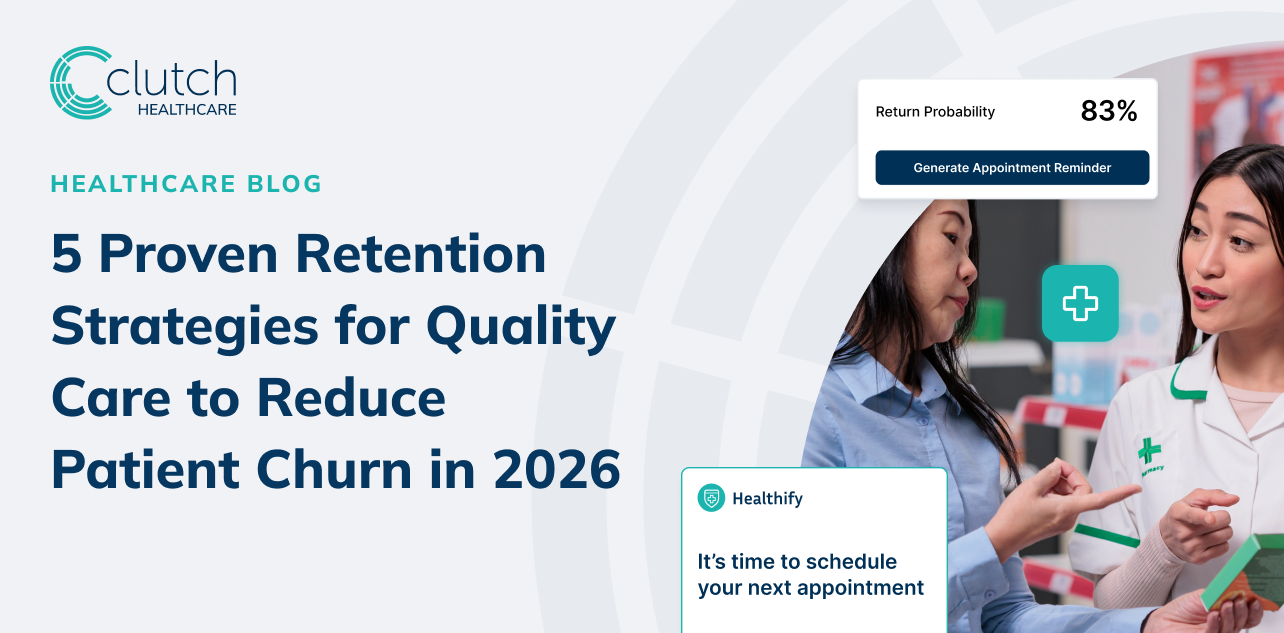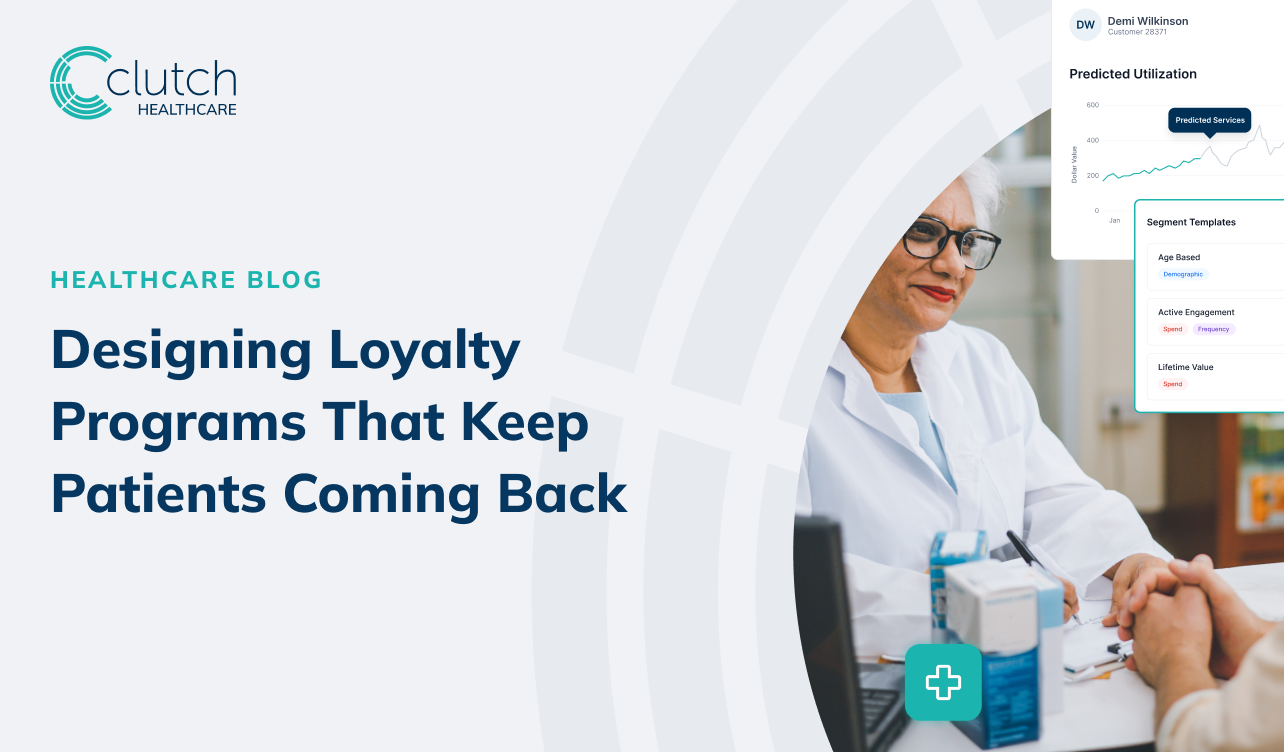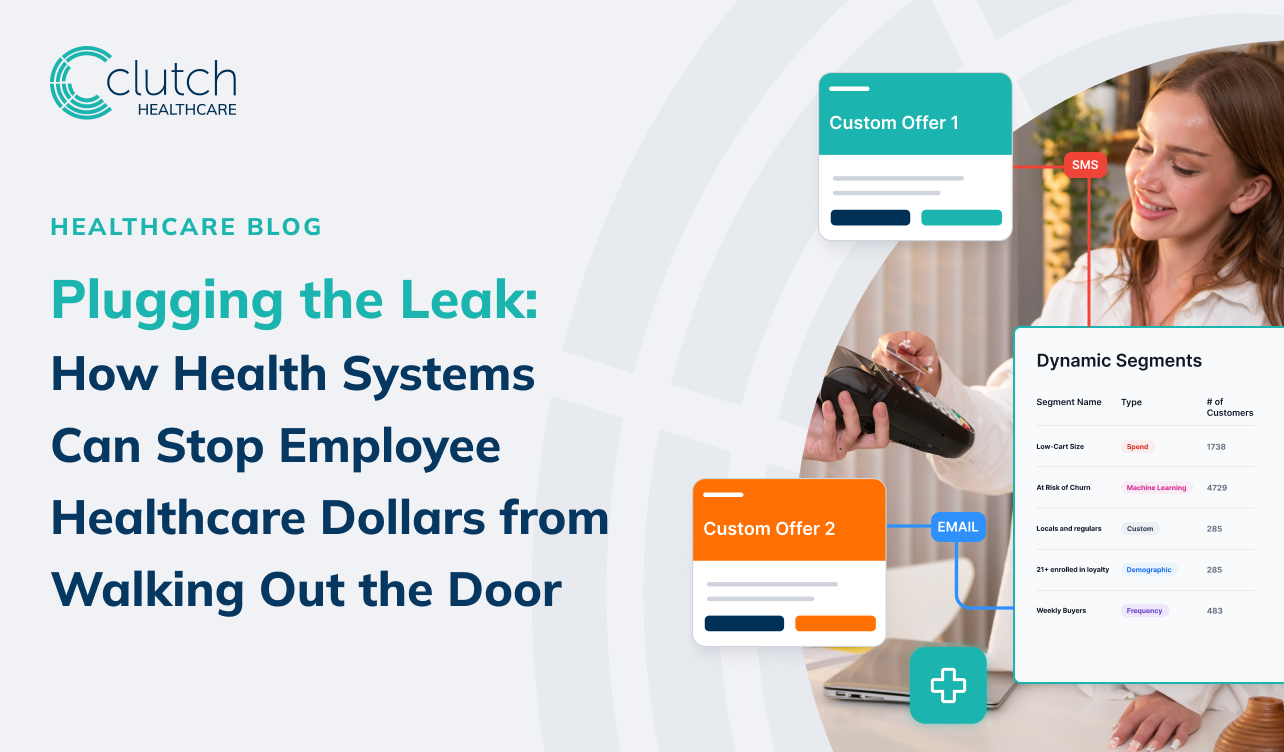Healthcare Marketing 2.0: Strategies to Attract and Retain High-Value Patients

The healthcare industry is changing. Patients today are proactive, informed, and emotionally driven in their decision-making. Like other industries, the healthcare industry faces unique marketing challenges and opportunities that require specialized strategies. Traditional healthcare marketing focused on awareness and outreach, but today’s environment demands more. Successful organizations must build trust, personalize every interaction, and cultivate loyalty that lasts.
This is why healthcare marketing is important: it enables organizations to stand out in a competitive environment, attract and retain patients, and communicate vital information effectively.
This evolution marks the rise of Healthcare Marketing 2.0, an approach rooted in empathy, data, long-term relationships, and branding as a foundational element.
The Decline of Traditional Healthcare Marketing
Why Traditional Strategies No Longer Work
For decades, health care marketing measured success by appointment counts and campaign reach. But digital-savvy patients now expect meaningful experiences that mirror consumer brands. A catchy slogan or a billboard no longer builds connection or loyalty. Traditional marketing techniques are no longer sufficient to engage modern patients, as they seek more personalized and interactive approaches.
The problem is that many organizations still treat marketing as a broadcast tool rather than a relational one. Patients don’t want to be targeted. They want to be understood, valued, and guided with empathy.
The Shift from Volume to Value
In the past, more patients meant more success, 'patient volume' was the traditional metric used to measure the effectiveness of healthcare marketing. Now, value comes from retention and reputation. High-value patients stay longer, refer others, and trust their providers. Building loyalty around these relationships is the key to sustainable growth in modern medical marketing.
Redefining Healthcare Marketing for the Modern Patient
From Promotion to Personalization
Healthcare marketing 2.0 blends data analytics with human empathy. Understanding patient motivations, fears, and goals allows providers to craft communications that feel supportive and personal. Identifying the target audience is essential for effective personalization, ensuring that every message, reminder, and digital interaction reflects a deep understanding of who you are trying to reach.
A patient researching chronic care options seeks reassurance rather than jargon. A parent looking for pediatric care needs clarity and guidance. Understanding the customer journey is crucial for creating personalized experiences, as personalization turns outreach into connection and transforms that connection into lasting retention.
Consistency Builds Confidence
Personalization also means consistency. When the tone of an organization’s website aligns with its in-office experience and follow-up communication, patients feel recognized at every stage. That continuity signals reliability and builds confidence in the relationship.
Trust as the Foundation of Effective Healthcare Marketing
Education as a Trust-Building Tool
In healthcare, trust determines loyalty. Patients engage with providers who make them feel informed, respected, and safe. Educational content—like preventive care tips, wellness blogs, and explainer videos—can be one of the most powerful tools in medical marketing. Further examples of such educational content include patient success stories, interactive symptom checkers, and FAQ sections that address common health concerns.
It’s not about selling services but creating understanding. When people comprehend their care and see providers investing in their knowledge, loyalty naturally grows.
The Power of Transparency and Storytelling
Patients value honesty and authenticity. Sharing success stories, testimonials, and community impact reinforces credibility. When organizations show not only what they do well but also how they continue to improve, they humanize their brand and earn trust that lasts.
Turning the Patient Experience into a Growth Engine
Experience Drives Engagement
Every patient interaction—digital or in-person—shapes perception. Healthcare organizations that simplify scheduling, clarify billing, and communicate compassionately create experiences that inspire loyalty. A well-designed website and seamless online experience help patients find the right providers quickly and easily, making it more likely they will choose your services.
In an age where reviews and ratings influence every decision, patient experience becomes the most powerful marketing channel. Each positive encounter becomes evidence of care quality and consistency.
Advocacy Through Positive Encounters
A positive patient journey often leads to advocacy. What once spread through word of mouth is now amplified through online reviews and social sharing. Each story told by a satisfied patient strengthens the brand’s reputation and draws in more high-value patients.
Measuring the Impact of Healthcare Marketing
Beyond Awareness: Metrics That Matter
Modern healthcare marketing strategies focus on engagement, satisfaction, and retention—not just reach. Data reveals where trust is growing and where communication needs refinement. Metrics like lifetime patient value, appointment follow-through, referral rates, and click through rates reveal the true return on emotional connection.
Loyalty as a Business Advantage
Loyal patients return for preventive care, follow treatment plans, and recommend their providers. Retaining existing patients costs less than acquiring new ones, and those relationships build long-term stability. When emotional loyalty becomes measurable, it also becomes a competitive advantage, directly supporting business development and organizational growth in healthcare.
The Future of Medical Marketing
Building Patient-Centric Ecosystems
The next generation of healthcare marketing will integrate behavioral insight, emotional intelligence, and digital tools to create truly patient-centered ecosystems. Health systems and healthcare organizations will play a crucial role in building these ecosystems, as a well-structured health system can streamline patient access, foster engagement, and enhance trust throughout the patient journey. Every message, platform, and touchpoint should align to deliver a cohesive, compassionate experience.
Connection as the Competitive Edge
In a world where switching providers is effortless, loyalty depends on how deeply patients feel understood. The future of medical marketing belongs to organizations that prioritize empathy, context, and continuity. When patients feel seen and supported through every interaction, they stay because they trust the relationship. That trust is what endures.



